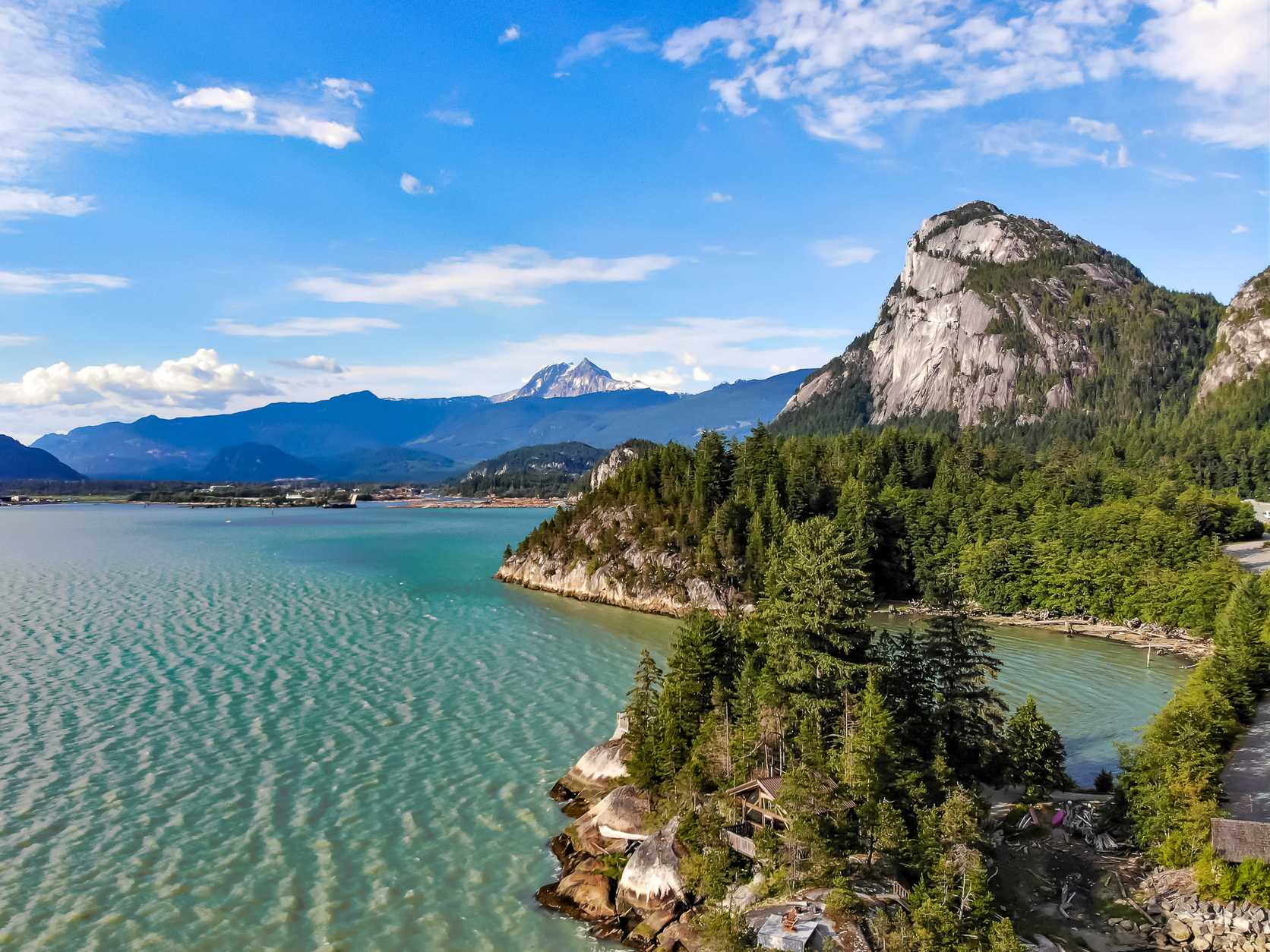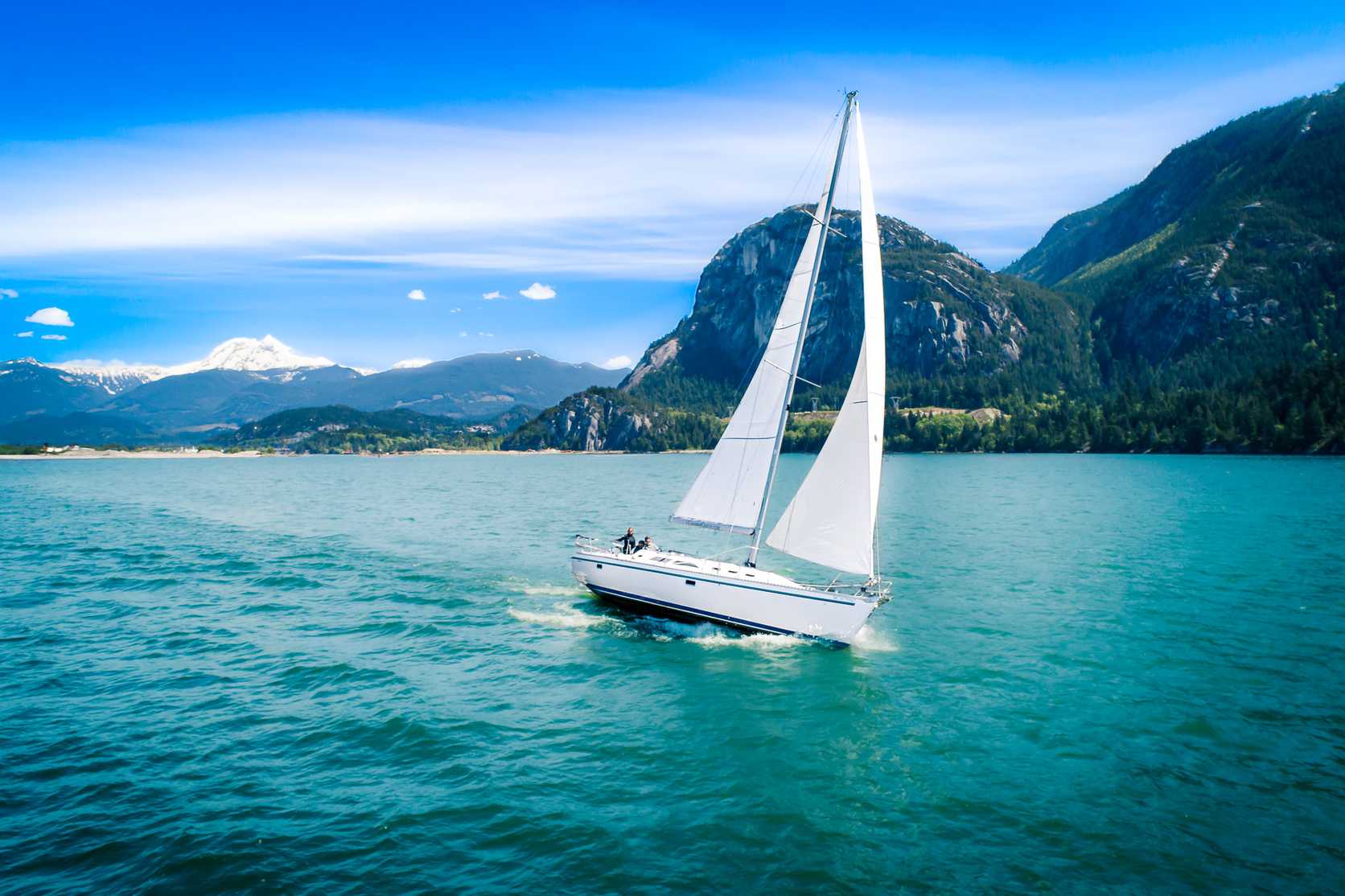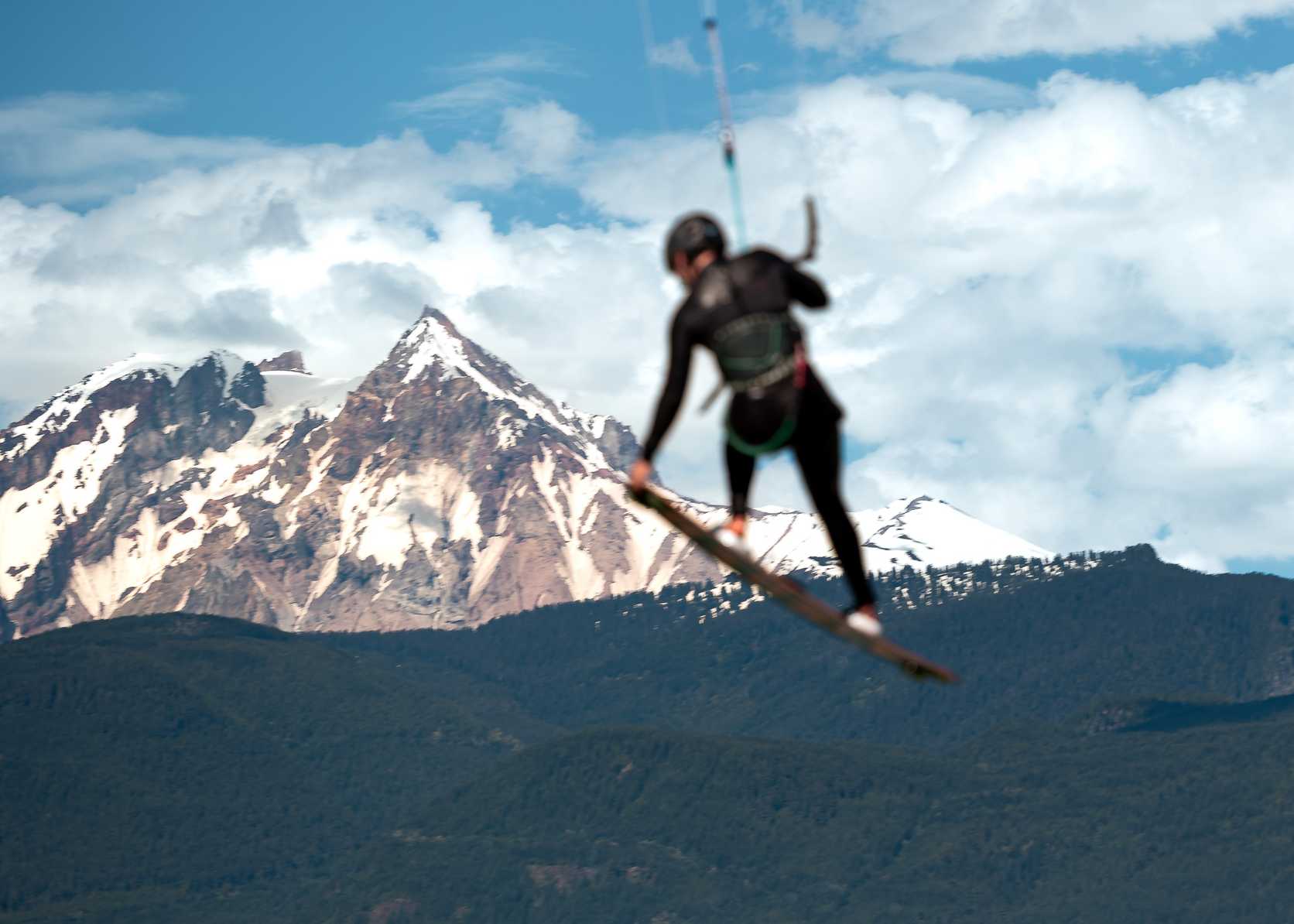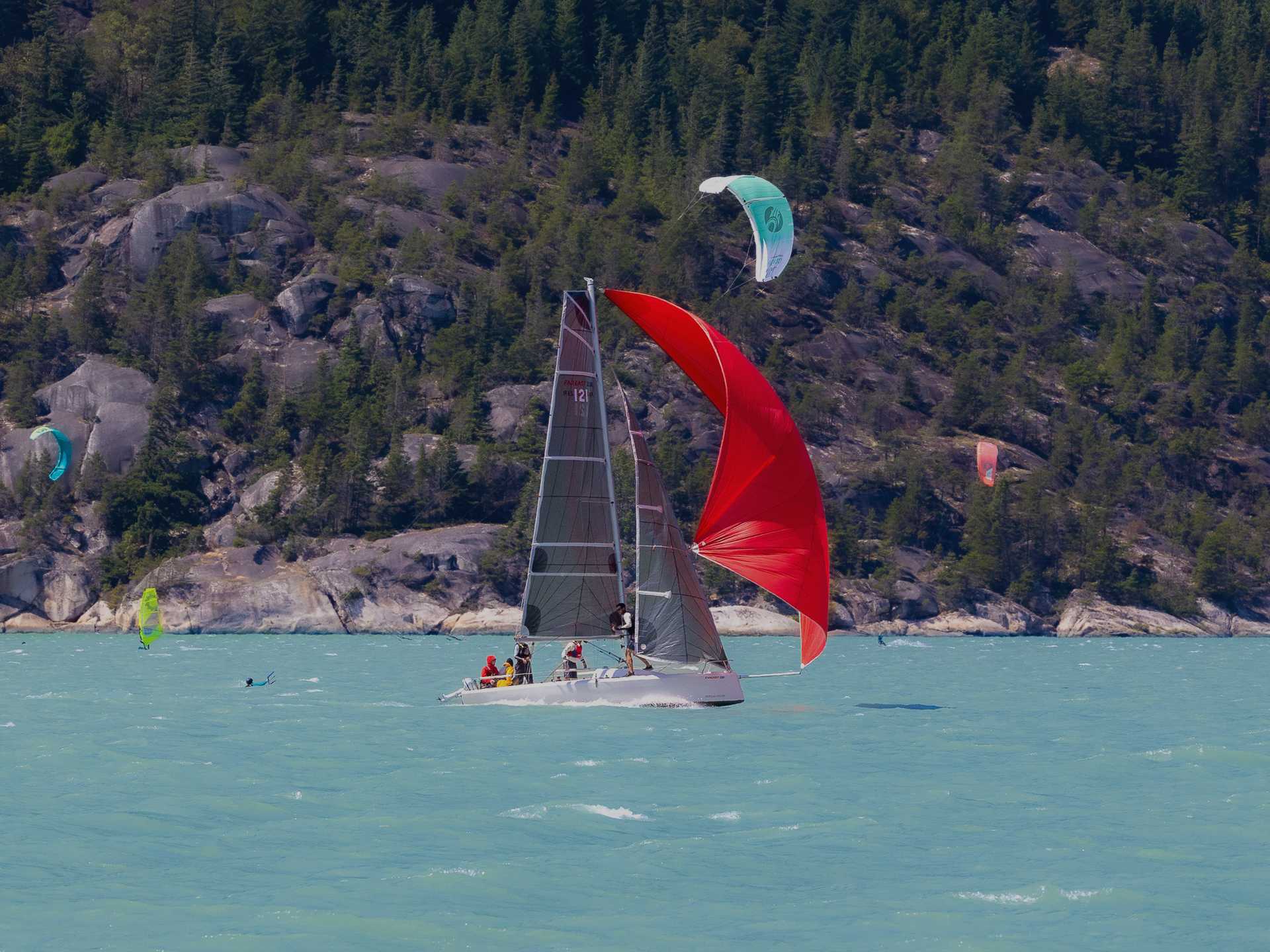The English translation of the name 'Squamish' means 'Mother of Wind'; Sailors, kiteboarders and windsurfers: always remember to visit your Mother!
Long known for it's epic wind conditions and smooth emerald waters, the community of Squamish is regarded by those seeking the best sailing, kiteboarding and windsurfing conditions to be amongst the premiere destinations in the world.
Our community has played host to international and regional competitions such as the Canadian National Sailing Championships, Squamish Open Annual Regatta, and Canada's largest freestyle kiteboard competition, KiteClash. Perhaps more importantly, Squamish embraces those that share the passion for, or are simply curious about, wind-powered activities, with an abundance of tour operators, outfitters and associations dedicated to welcoming you onto the water.
Where is Squamish?
Squamish is a small coastal mountain town located at the head of Howe Sound, a large basin of water that extends inland from Vancouver on the southern coast of British Columbia. The northern portion of Howe Sound narrows into a fjord that winds through the Coastal Mountain range, forming a panhandle that ends at Squamish. A valley continues north of Squamish leading to the communities of Whistler, Pemberton and Lillooet.

Getting to Squamish is easy; it's located on the Sea-to-Sky highway between Vancouver and Whistler, and takes less than an hour to drive from Vancouver to Squamish, or forty minutes to drive from Whistler to Squamish. In either direction, the journey is amongst the most scenic in Canada.
Does Squamish Have Good Wind?
Squamish is widely known as the windsport capital of Canada for its steady, consistent and predictable winds, but what is it that makes the Squamish wind blow?
The legendary Squamish winds are formed by unique local geographic features that combine with the summer sun to create anabatic, or thermal, wind, which blows daily from the ocean, through Howe Sound, and up the inland valleys.

In the summer, as the morning sun rises in the sky, the inland valley begins to heat, which warms the air adjacent to the land. The warming air moves upwards, and cooler, denser air from Howe Sound is pulled up the valley to replace the rising air.
A venturi - a well understood phenomenon that causes windspeed to increase when drawn through a narrow passage - creating perfect and predictable sailing conditions almost everyday throughout the summer
What may seem like undiscernible airflow in areas around Vancouver and southern Howe Sound consolidates as it funnels into the panhandle. The effect of funnelling the airflow between the towering mountains that surround the narrow fjord is called a venturi - a well understood phenomenon that causes windspeed to increase when drawn through a narrow passage - creating perfect and predictable sailing conditions almost everyday throughout the summer.
Does the wind blow everyday in Squamish?
The summer anabatic winds are referred to as inflow winds by the locals. They are most common from mid-spring until mid-fall when the sun is highest in the sky. On cool summer nights and during the winter months, the process will reverse, forming katabatic, or outflow winds.

Because the winds are generated by the radient heating of land, mornings are relatively calm, with inflow winds typically starting before noon, peaking mid-afternoon, and diminishing as the evening sun crests over the Tantalus Mountains to the west.
How can I predict the wind in Squamish?
Physics plays the biggest role when forecasting local Squamish winds. Locals will keep an eye on the temperature gradient, or difference in temperatures, between Vancouver, Squamish, Whistler, Pemberton and Lillooet. Warmer inland temperatures will trigger the convective process of rising air, reducing air pressure, and generating inflow winds. The greater the difference in temperature and pressure between Vancouver and the inland valleys, the stronger the wind.

On the rare summer days when Vancouver experiences extreme heat, or when clouds or smoke prevent the sun from warming the inland valley, the tempature gradient will flatten or even invert, and the winds of Squamish may take a well earned break.
Squamish wind and marine resources
What are the current wind conditions in Squamish?
There are a number of anemometer, or wind meters, available online, including:
Squamish Windsport Society (Seasonal) The locals' real-time Squamish wind favorite, generously maintained and provided by our kiteboard and windsurf friends at the SWS.
Squamish Terminals A great backup when the SWS graph is not online. The meter is subject to deviations on hot days and outflow winds.
WindFinder Good general wind beta including historic data and forecasts.
Squamish Wind Forecasting Tools
Join the conversation and try to predict the whims of Mother Nature. Good luck ;)
Weather Talk Temperature Gradient Just the facts, ma'am. Nothing fancy, simply great data.
Environment Canada Marine Forecast Forecast for the greater Howe Sound area. Wind warnings in northern sections of Howe Sound are the seasonal norm.
Windy.com Hands down the coolest site for wind models across the world.
Whether you are a hardcore wind junky, or looking to experience sailing in Squamish for the first time, we promise that you will be spoiled by everthing that this place has to offer. Let us know if you have any questions, would like to add your comments, or simply how we can help you have an incredible day on the water!
